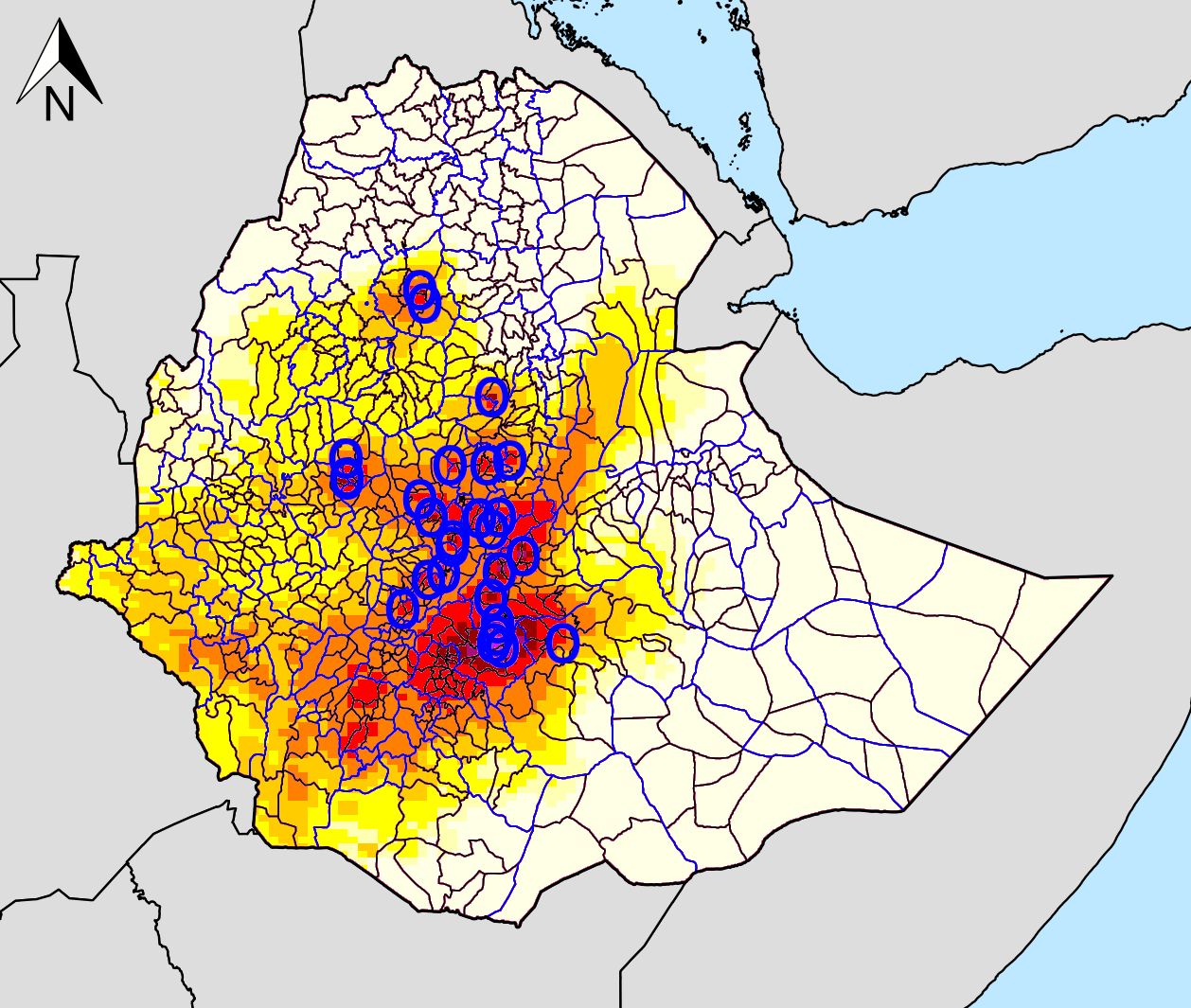Foresight, ex-ante impact assessment and targeting establishes priorities and guides research through the use of data, a wide range of models and tools, and scenario analysis.
There is often a significant time lag between initiating research and its deployment in farmers’ fields. This implies that a focus on solving today’s challenges often means creating solutions to yesterday’s problems.
Foresight analysis is designed to prevent such scenarios by enhancing our understanding of the evolving context in which agricultural systems operate and anticipating the future needs of beneficiaries to inform research priorities. Foresight analysis considers the probable biophysical, socioeconomic and politico-institutional context at the time when technologies like improved crop varieties come to fruition in order to mitigate any undesirable future outcomes.
Targeting increases the adoption of information, knowledge and technologies by identifying how, when, where and for whom they should be deployed. It makes use of geo-spatial information systems and takes into account a variety of factors ranging from environmental characteristics like weather and soil conditions, to existing infrastructure and market conditions.
Ex-ante impact assessment analyzes how new technologies will fit into farming systems and livelihood strategies and analyzes potential investment decisions. It takes a slightly different approach to foresight by instead looking at the present to anticipate the consequences of the decisions we take now. As technologies mature, analysis can be done to understand how they fit into farming and livelihood systems and predict the intended and unintended consequences of their introduction.
Together, CIMMYT’s foresight analysis, targeting and ex-ante impact assessment work ensures that research and new technologies are both directed and deployed in the most impactful and beneficial way for farmers.
